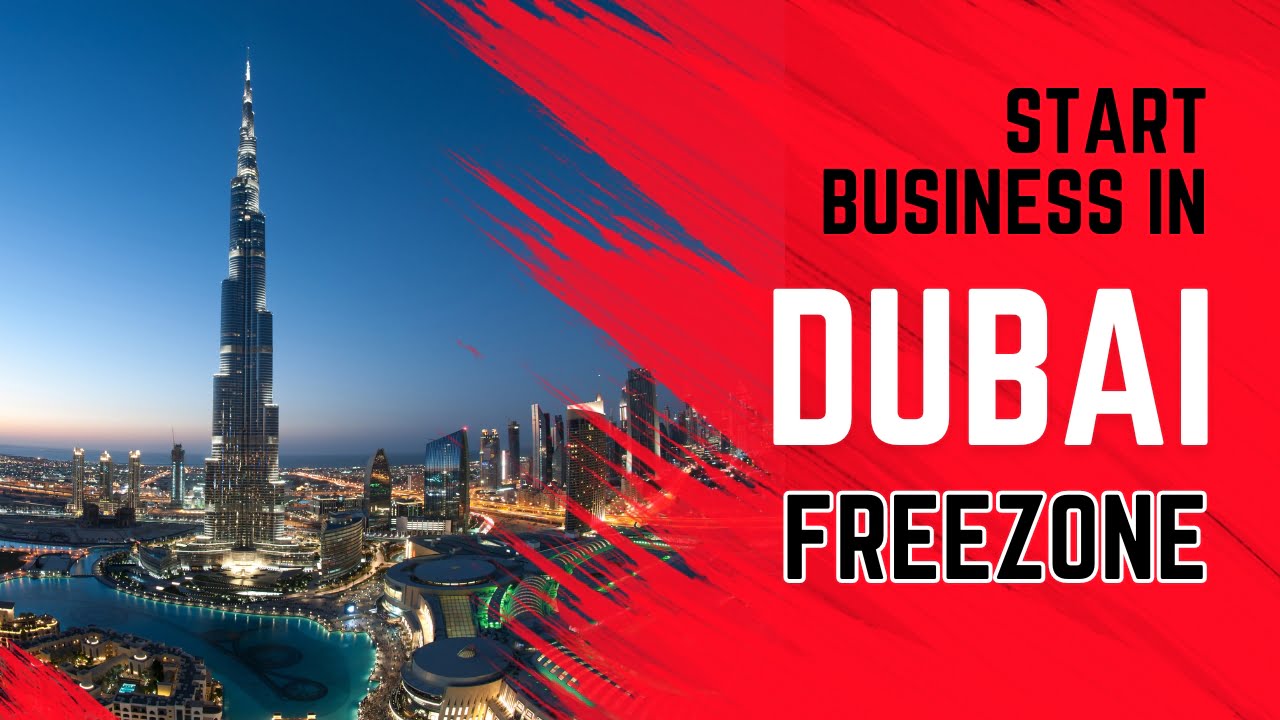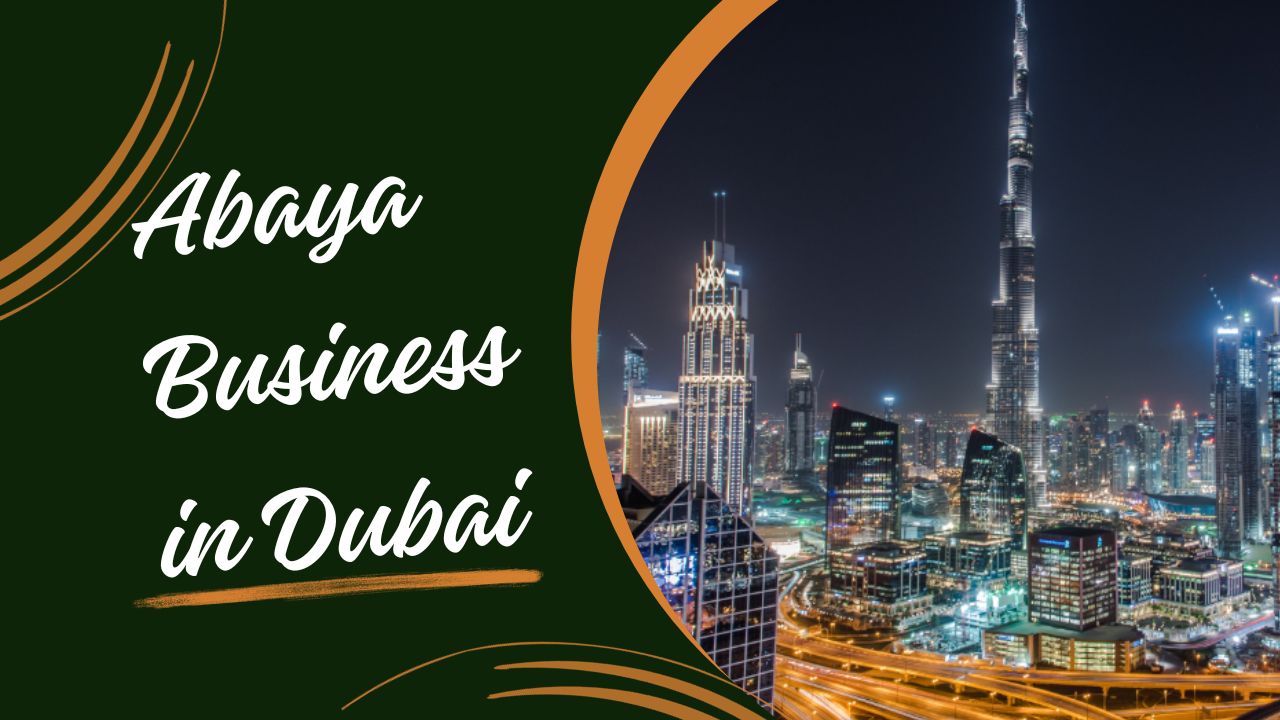How to Trade in Dubai

Dubai has established itself as one of the top global hubs for trade and commerce. Its strategic location, business-friendly policies, and robust infrastructure create immense potential for trading businesses. This article provides a detailed overview of Dubai’s trading landscape and how to successfully establish a trading company here.
Overview of Trading in Dubai in Dubai
Dubai has a rich history as a trading hub dating back to its pearl trading days in the 19th century. Over the decades, it has evolved into a leading re-export hub between Asia, Africa and Europe. Dubai’s trade totals over AED 1.5 trillion annually.
Key goods traded include petrochemicals, precious metals, minerals, foodstuffs, textiles, electronics and automotive parts. Dubai provides logistics infrastructure and services supporting trading firms.
Importance of Dubai as a Global Trading Hub
Factors that make Dubai strategically crucial for global trade:
- It is located along major East-West shipping routes.
- The emirate offers connectivity between high-growth emerging markets.
- Dubai has invested billions in developing state-of-the-art ports and airports.
- Friendly business policies and incentives attract traders worldwide.
Introduction to ICA Smart Service
ICA Smart Service is a Dubai government initiative that enables paperless end-to-end customs processes through a unified online portal. It benefits trading companies by:
- Simplifying customs declarations and documentation digitally.
- 24/7 access to services and real-time information.
- Reducing costs and delays.
Purpose of this Article
This article covers key aspects of trading in Dubai including:
- The evolution of Dubai’s trading ecosystem.
- Opportunities, benefits and challenges for traders.
- How ICA Smart helps traders remain compliant.
- Strategies for successfully establishing a trading firm in Dubai.
Read: Start a General Trading Company in Dubai (Step-by-Step Guide)
The Landscape of Trading in Dubai
Historical Perspective of Dubai Trading
Dubai emerged as a trading hub in the early 19th century dealing in pearls and gold. Post-independence from Britain in 1971, it heavily invested in logistics infrastructure to boost trade.
Pro-business policies and strategic FTAs made it a gateway between East and West. Non-oil trade now contributes over 90% to Dubai’s GDP.
Key Industries and Sectors
Major goods traded in Dubai:
- Oil and gas – Dubai’s first exports.
- Electronics – Phones, computers, home appliances etc.
- Auto parts – Accessories, tires, heavy vehicles.
- Chemicals and cosmetics – Raw materials, personal care items.
- Foodstuffs – Dates, spices, tea, packaged foods.
- Textiles and garments – Fabrics, apparel.
- Machinery – Industrial equipment, heavy vehicles.
- Precious metals – Gold and diamonds primarily.
Role of Free Trade Zones in Dubai Trading
To attract foreign firms, Dubai established free trade zones like JAFZA and DAFZA offering incentives like 100% ownership and zero taxes. These zones account for over 65% of Dubai’s trade.
Impact of Technology and ICA Smart Service
Digitalization is simplifying trading in Dubai. The ICA Smart Service portal offers paperless customs and unified applications for trade licenses, shipping manifests etc.
Key Benefits of Trading in Dubai
Strategic Location Linking Growth Markets
Dubai is ideally located between Asia and Europe. It offers connectivity to Africa and high-growth nations like China, India, Turkey, South Korea etc.
Infrastructure Supporting Trade Logistics
Dubai provides sea and air cargo access via Port Rashid, DWC and DXB. Road networks link UAE to Oman, Saudi and beyond.
Read: Start a Spice Trading Company in Dubai – Business Guide
Attractive Tax Incentives
No income tax, zero import duties on re-exports, and low duties of around 4% make Dubai extremely lucrative for traders. VAT is a modest 5%.
Gateway to Emerging Markets
Dubai serves as the entry point for companies targeting nearby regions in Middle East, Africa, South Asia – representing over 3 billion potential consumers.
Regulations and Compliance for Trading in Dubai
Key Licenses Needed
- DED license for trading activity. Additional permits if dealing in certain goods.
- Customs code for import-export from Dubai Customs.
- Trademark registration for protecting your brand identity.
Import and Export Regulations
- Goods must comply with UAE standards and regulations.
- Prohibited items like drugs, wildlife etc. cannot be traded.
- Correct documentation must accompany shipments.
Role of ICA Smart Service in Compliance
ICA Smart Service enables traders to efficiently manage:
- Online customs declarations.
- Registration of trade licenses and IPRs.
- Viewing regulations, tariffs and quotas.
Common Legal Challenges
- Documentation errors can lead to penalties.
- Lack of trademark protection attracts counterfeit products.
- Non-compliance with evolving customs regulations.
Opportunities and Challenges in Dubai Trading
Emerging Opportunities
- Rising demand for petrochemicals, electronics, food items, cosmetics globally.
- Leveraging Dubai as a platform for Africa and South Asia markets.
- Cross-border e-commerce trade through Dubai.
Challenges and Risks
- Stiff competition from other regional hubs like Hong Kong and Singapore.
- Geo-political risks in the region – sanctions, trade wars.
- Supply chain bottlenecks affect logistics.
Read: Start a Mobile Phone Trading Company in Dubai – Business Guide
Role of Technology and Innovation
- Blockchain, AI and data analytics improve supply chain efficiency.
- ICA Smart Service, other portals reduce regulatory burdens through digitization.
- Support for e-commerce and digital payments optimization.
Strategies to Overcome Challenges
- Focus on higher value-added services alongside trading transactions.
- Leverage technology and build agility to navigate risks.
- Invest in compliance and training to avoid penalties.
- Forge strategic partnerships along the value chain.
Starting a Trading Business in Dubai
Identifying the Right Products and Markets
Conduct research to shortlist products with demand in target export markets with accessible logistics channels from Dubai.
Obtaining Licenses and Setting Up
Choose a business structure – mainland, freezone or offshore company. Obtain trade licenses, customs code and trademark registration.
Leveraging ICA Smart Service
The government portal enables completing all customs processes like:
- Easy online submission of customs declarations.
- Paperless applications for trade licenses and IPR registration.
- Real-time information on tariffs, quotas and regulations.
Building Local Relationships
Partnerships with Emirati sponsors, trade bodies, and logistics providers smoothens trade operations in Dubai’s cultural context.
Case Study: DMCC Trading Success
Success Factors
DMCC has become the top global hub for coffee and tea trading by focusing on value-added services like storage, blending and compliance beyond trading transactions. State-of-the-art infrastructure, testing labs and tenure programs bolster trader confidence.
ICA Smart Service Benefits
Easy access to government services through the portal and digitization of customs processes helps firms save time and costs while remaining compliant.
Read: How to get license for gold trading business in Dubai
Best Practices
Strategic focus on high-growth segments, reliable logistics and providing end-to-end value-added services ensure continued success for DMCC and traders.
Conclusion
- Dubai provides immense opportunities for global trading businesses given its strategic location, infrastructure and business-friendly policies.
- Technology is simplifying trading processes while the ICA Smart Service portal enables efficient customs compliance.
- With diligent planning and leveraging Dubai’s strengths, companies can build robust trading operations here.
Contact ReCorporate for Assistance With Your Trading Company Setup in Dubai
ReCorporate provides specialized assistance to global investors looking to establish and operate successful trading ventures in Dubai. Our experts can help with:
- Selecting the ideal business structure and activity mix
- Streamlining licensing and documentation formalities
- Accessing funding and financing options
- Building strategic relationships with local partners
Now as you know how to trade in Dubai and how to start a trading business in Dubai. Get in touch with ReCorporate for a free consultation on kickstarting your trading success in Dubai! Email: info@recorporate.net Website: www.recorporate.net






